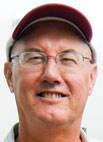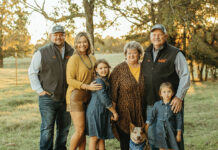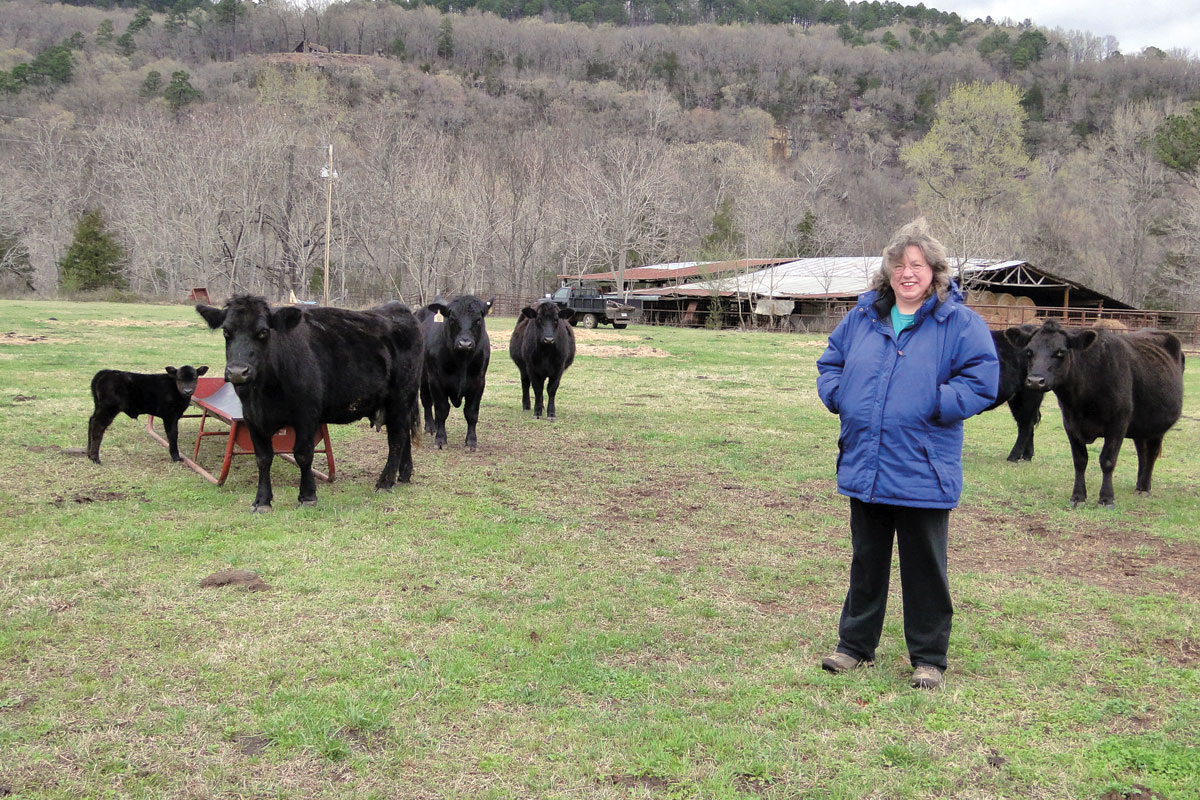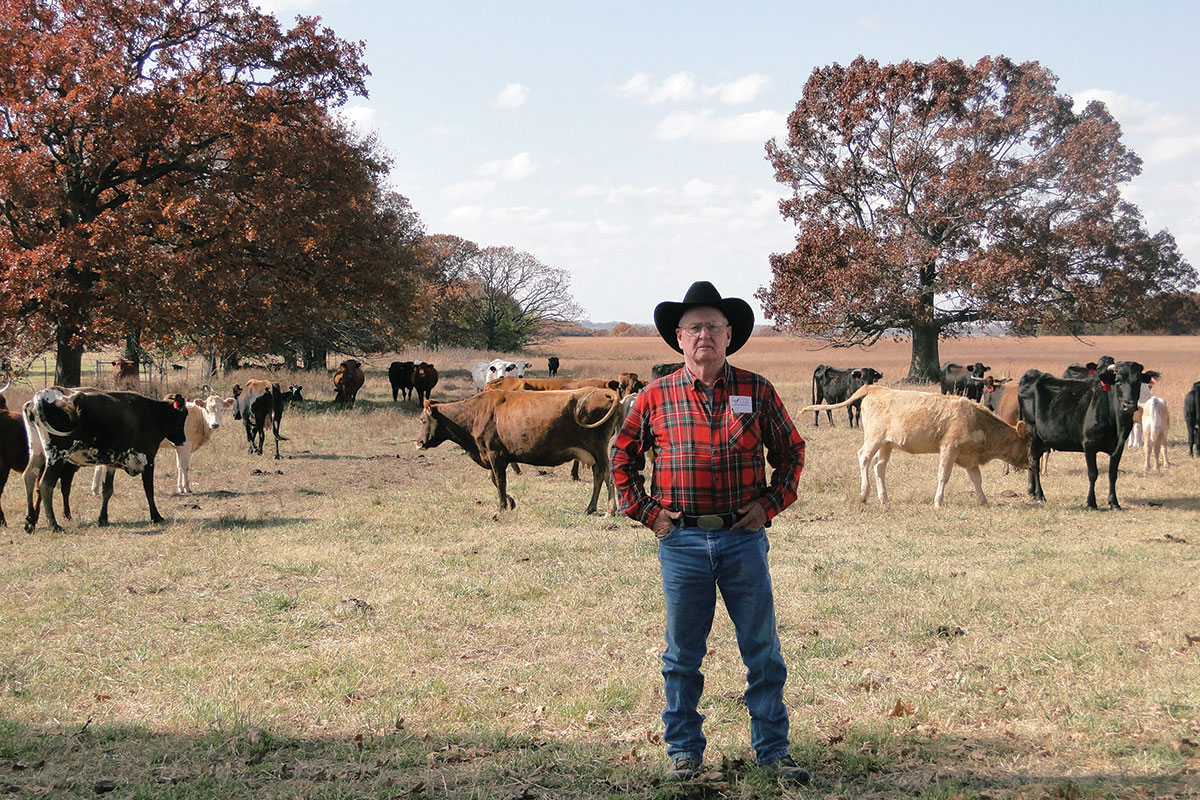
It doesn’t take Terry Davis long to answer the question, “What is unique about your farm?” He immediately answers, “We do 100 percent artificial breeding. We don’t even use a bull. Mainly what we sell are virgin bulls, breeding and show heifers.”
Terry and his wife, Carma, from Yellville, Ark., have had a closed Simmental herd for 10 years. Just to make sure he’s being perfectly clear, he adds, “Some might do artificial breeding but then they have a cleanup bull. We don’t even do that. We have a spring calving season and a fall calving season, 60 days in the spring, 60 days in the fall. But we depend 100 percent on artificial breeding. And I do that.”
Terry said, “Simmentals have changed a lot through the years. They’re not really the same as they were 20 years ago. They’re more moderate and they’re black nowadays. They were red. They got to discounting them when they were red and white spotted.” The Davis family has chosen this breed because of the docility of the animals and because they have strong maternal traits. Carma said, “A gentle, good attitude is important – a good mother has milk and is good to her calf and takes care of her baby.” Terry adds, “They have good reproduction and breed back quickly.”
Terry and Carma believe that a cow should have a calf every year, but in order for her to do that, she has to breed back within 80 days of birthing a calf. That’s what nature would do. But in order to do that, it’s necessary to keep the cows healthy. Terry said, “You have to provide the right environment, nutrition, grass and minerals. You have to give them a chance.” They do just that.
Terry and Carma run about 30 cows on their 102-acre farm just north of Yellville. Their fields consist of a mixture of Fescue, Orchardgrass and Bermuda. A portion of the pasture and some leased land is used for hay.
The couple bought their place back in 1986 and raised not just cattle, but three lovely daughters here. The girls showed Simmentals while growing-up, and won enough trophies, belt buckles, ribbons and other prizes to fill an entire bedroom.
The Davis family has developed quite a practiced eye for discerning good overall looks in a calf. They cull at weaning and again at yearling. Only the best stock is kept. They usually sell virgin bulls and heifers off-the-farm by private treaty to repeat customers. Any animal that doesn’t meet their high standards goes to the salebarn.
Carma said, “If it’s a cull, we wouldn’t sell it to a person, we’d take it to an auction. Culls need to go to the salebarn, they don’t need to go to someone’s herd. We sell our better cows to other people. When we sell an animal, we’re selling our name and our integrity, so they get our better cows.”
Terry and Carma order their semen through different AI studs. Terry said, “On selecting cattle, we try to look at their EPDs, looking for calving ease, growth and maternal ability. The semen suppliers also have accuracy ratings, so the more progeny the bull has, the more accurate it is.”
Carma adds that using the AI process rather than putting them in with a bull allows them more of a variety of choices for better breeding. She said, “(With AI) we can choose a bull for each cow. If I bought one bull I’d have to breed it to my whole herd. But this way I can choose a cow for this one, a cow for that one, and not have to just use one bull. And then when that bull’s not as popular, I can go on to the next popular bull.” The Davis family is sure that their Simmental herd is the best it can be. Like Carma said, “When someone buys an animal from us, we can sell with confidence.”







